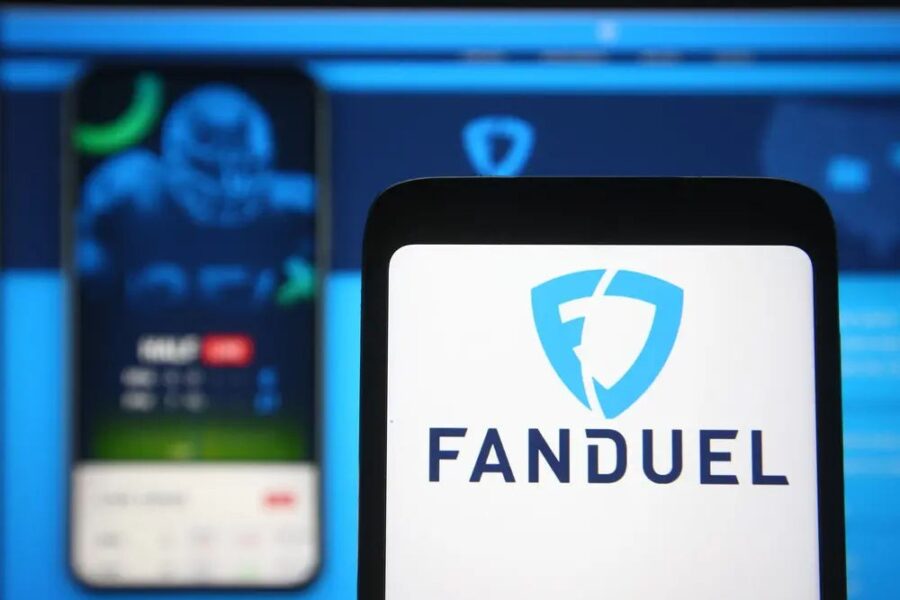FanDuel user fee not likely to spread past Illinois, Jefferies analyst says

Flutter Entertainment has announced it will levy a US$0.50 surcharge, or “transaction fee,” on all bets placed online in the state of Illinois, pursuant to state’s institution of a progressive handle tax.
Although the tax goes into effect 1 July, it will be 1 September before FanDuel bettors feel the effects of the per-transaction impost.
“This decision reflects the significant increase in the cost of operating in Illinois driven by the new Illinois Transaction Fee,” Flutter said in a news release. The company then promised to promptly rescind the betting levy if the Illinois Legislature were to repeal the handle tax.
Flutter’s release went on to note that it had taken no response to a 2024 hike on Illinois’ taxation of gaming revenues. “Following the 2024 increase, extensive efforts were made by FanDuel to absorb the cost fully without impacting customers,” Flutter said.
Flutter CEO Peter Jackson said, “we also believe the introduction of the Illinois Transaction Fee will likely motivate some Illinois-based customers to bet with unregulated operators.” Jackson pointed out that those offshore operators do not pay state taxes nor “offer the same levels of customer protection that regulated operators provide.”
In an investor note prompted by the Flutter announcement, Jefferies Equity Research analyst David Katz deemed it likely that DraftKings would follow suit. DraftKings was one of the two operators most heavily affected by the incoming levy, the other being FanDuel. Both routinely and exponentially exceed the handle threshold at which the tax doubles from 25% to 50%.
Although smaller operators will not face the same tax burden as FanDuel and DraftKings because of their lower handle volume, Katz speculated that they might also follow Flutter’s lead. However, he did not think surcharges by the two largest online operators would cost them market share to US-based competitors.
Katz cited DraftKings’ 2024 behavior in support of his contention that FanDuel would not be alone in imposing surcharges. DraftKings briefly levied a fee on bettors after the revenue-based tax increase of 2024, only to withdraw it when FanDuel eschewed similar action. Without a surcharge, DraftKings will take a US$70 million hit to its cash flow, Katz predicted.
Given that the first 20 million wagers placed would be taxed only at 25%, Katz calculated that DraftKings and FanDuel would scoop up an extra US$5 million each through their surcharges. He also figured that this largesse would pass through to cash flow in almost its entirety, since it will cost the companies little to add a fee onto wagers. Katz further opined that customer resistance might impede growth of handle in Illinois but the extra cash flow gained would compensate for it.
“It has been our view that Illinois would be the most aggressive in tax increases, given its history with land-based gaming for the past 25 years,” Katz concluded. He forecast that, despite upward pressure on sports-betting taxes elsewhere in the United States, “we do not believe Illinois increases the likelihood or magnitude of increases elsewhere.”
David McKee is an award-winning journalist who has three decades of experience covering the gaming industry.
Verticals:
Sectors:
Topics:




